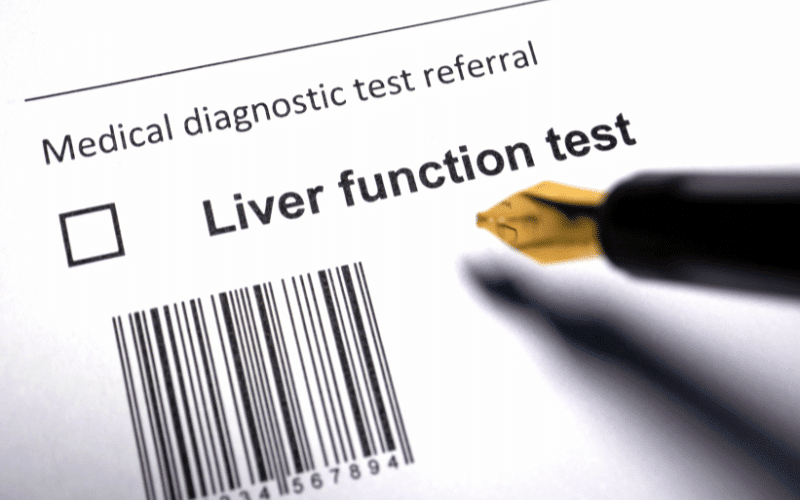Symptom 18. Impaired Liver Function: A Possible, but Less Common, Impact of Ulcerative Colitis

While the primary focus of ulcerative colitis (UC) is on the inflammation and symptoms in the colon and rectum, this chronic inflammatory bowel disease can also have an impact on other organs, including the liver. Impaired liver function is a less common but possible complication that can occur in individuals with UC.
The relationship between ulcerative colitis and liver function abnormalities is not fully understood. However, research suggests that the underlying inflammation in the body, particularly in the gastrointestinal tract, can lead to changes in liver function. This can manifest as elevated liver enzymes in blood tests or more severe liver conditions such as hepatotoxicity or primary sclerosing cholangitis (PSC).
One of the primary indicators of impaired liver function in individuals with UC is an elevation in liver enzymes, such as alanine aminotransferase (ALT) and aspartate aminotransferase (AST). These enzymes are typically present in the liver cells and are released into the bloodstream when there is damage or inflammation in the liver. Routine blood tests can detect these elevated levels, prompting further investigation into liver health.
In more severe cases, UC can be associated with hepatotoxicity, a condition characterized by liver damage caused by medications used to manage the disease. Certain medications, such as sulfasalazine or mesalamine, can rarely lead to hepatotoxicity in susceptible individuals. Regular monitoring of liver function and close communication with your healthcare provider are essential to minimize the risk of medication-induced liver damage.(18)